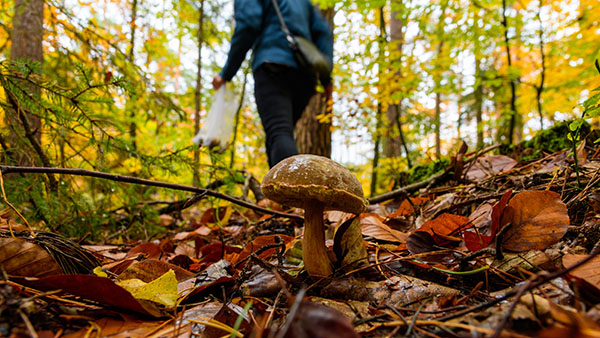
Before you start processing fruits and vegetables from your garden, you need to learn which foods suit home canning and which ones require other methods of preservation. This ensures that you have a safe and enjoyable canning experience.
Check the pH level of your food
The acidity or pH level of food usually determines if you can process them for home canning.
Acidic foods – those with a pH level of 4.6 and below – are safe to process using the boiling water bath canning method. (Related: Why home gardening and food preservation is the best form of food insurance.)
On the other hand, alkaline or low-acid foods with pH levels above 4.6 should be processed with pressure canning to get rid of the bacteria called Clostridium botulinum. These bacteria produce the dangerous neurotoxin botulinum, which causes food-borne botulism.
C. botulinum can withstand boiling temperatures and they can also grow in sealed jars or cans. With a pressure canner, you can increase the heat above the boiling point (212 F) until you reach the recommended temperature of about 250 F that can kill off C. botulinum spores. A pressure canner also sterilizes the final product when processing low-acid foods.
Acidic and low-acid foods
Now that you've learned to determine what makes food acidic or alkaline, you also need to identify the fruits and vegetables that can fall under both classifications.
Acidic foods:
- Apples
- Blackberries
- Cherries
- Gooseberries
- Muscadine grapes
- Nectarines
- Oranges
- Peaches
- Pears
- Pineapples
- Plums
- Raspberries
- Strawberries
The fruits listed above contain enough acid that helps prevent the growth of potentially harmful bacteria. These fruits can also destroy bacteria faster when the food is heated.
While both figs and tomatoes are considered acidic, their pH levels are above 4.6. Before you can them as acidic foods with a boiling water bath canner, add lemon juice or citric acid to reduce their pH level.
Low-acid foods:
- Fresh vegetables (e.g., asparagus, beans, beets, carrots, corn, peas, peppers, potatoes, etc.)
- Poultry
- Red meats
- Seafood
The low-acid foods listed above should be processed with a pressure canner. Use a tested recipe when canning low-acid foods to avoid compromising food quality.
Do not can dairy products. Instead, process them via freeze-drying.
When processing a combination of both acidic and low-acid foods, you need to use a pressure canner, unless you add enough acid to lower the pH level to 4.6 and below.
You can use a pressure cooker if you don't have either a boiling water bath canner or a pressure canner. Follow the manufacturer’s instructions to avoid the risk of fire or explosion when using pressure canners and cookers.
Use tested recipes
To ensure food quality and that you save time on trial and error, use a tested recipe from a reliable source. Check out recipes from other homesteaders online or view recipes from trusted sources like the National Center for Home Food Preservation or the Clemson University Cooperative Extension Service.
Check the pH level of the food before home canning, process acidic foods with a water bath canner and use a pressure canner for low-acid foods, and follow tested recipes to ensure food quality and safety.
Sources include:
Please contact us for more information.























